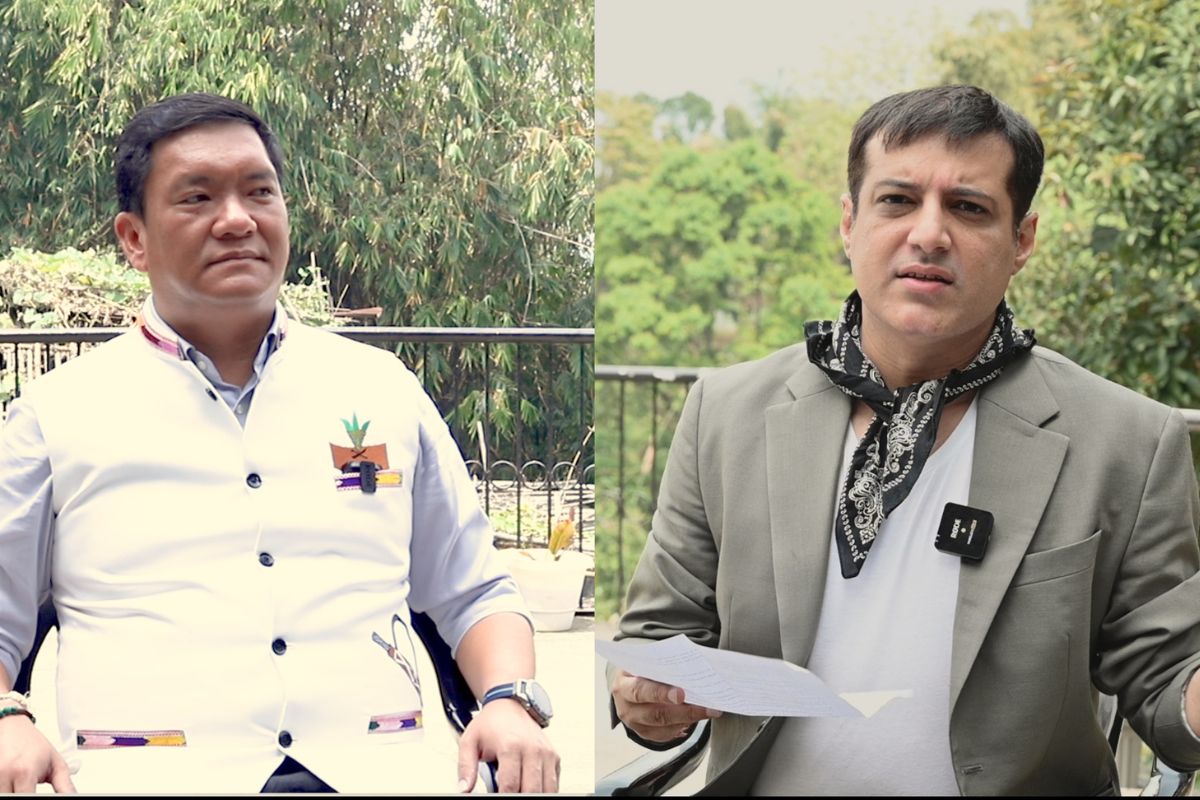

The Prime Minister also commended the Australian counterpart for taking strong measures against such elements and appreciated his continued assurance regarding the safety of the Indian community and the protection of Hindu interests residing in Australia.
SYDNEY: During the joint press conference at Admiralty House in Sydney on Tuesday, the issue of attacks on Khalistani elements in Australia and the assault on Hindu temples in the country gained significant attention. Prime Minister Narendra Modi conveyed India’s concerns to Australian Prime Minister Anthony Albanese regarding these recent incidents.
ALSO READ: Beyond cricket and curry: PM Modi says diaspora powers Australia-India relationship
“Prime Minister Albanese and I have in the past discussed the issue of attacks on temples in Australia and activities of separatist elements. We discussed the matter today as well,” Modi said.
The Prime Minister also commended the Australian counterpart for taking strong measures against such elements and appreciated his continued assurance regarding the safety of the Indian community and the protection of Hindu interests residing in Australia.
“Prime Minister Albanese assured me once again today that he will take strict actions against such elements in the future also,” Modi said.
ALSO READ: EXCLUSIVE: First Indian-origin Mayor in Australia says student visas for Indians is his priority
He also emphasised the fact such separatist elements cannot derail the deepening ties between the two countries.
“It is not acceptable to us that anyone hurt the friendly and cordial ties between India and Australia by their actions or ideology,” he said in the presence of Albanese.
ALSO READ: PM in Australia: From toilet warriors to scientists, researchers and artists meet Modi
During the media statement, Prime Minister Modi emphasized the crucial role of India-Australia cooperation in regional peace, stability, and global welfare.
The two prime ministers announced the finalization of the Australia-India Migration and Mobility Partnership Arrangement, aimed at facilitating the mobility of students, academic researchers, and business people between the two countries.
They expressed their shared ambition for the early conclusion of the Comprehensive Economic Cooperation Agreement (CECA), which is expected to significantly boost bilateral trade ties.
The establishment of an India-Australia green hydrogen task force was also welcomed, with the terms of reference for the task force agreed upon during the talks.
In a significant announcement, Prime Minister Albanese revealed the establishment of a new Australian Consulate-General in Bengaluru, focused on connecting Australian businesses with India’s thriving digital economy and innovation ecosystem.
Prime Minister Modi highlighted the frequency of his meetings with the Australian counterpart as a reflection of the depth and maturity of the India-Australia relationship, comparing it to the fast-paced nature of T20 cricket.
Constructive discussions were held on strategic cooperation in areas such as mining and critical minerals.
The vibrant Indian community in Australia was described as a “living bridge” between the two countries.
Both prime ministers reiterated their commitment to an open, prosperous, and secure Indo-Pacific region.
Prime Minister Albanese emphasized that Prime Minister Modi’s visit has further strengthened the close and strong relationship between Australia and India, highlighting the benefits in trade, investment, business, regional security, and stability.
The Australian prime minister acknowledged the rapid growth in ties between the two countries, having met Prime Minister Modi six times in his first year in office.
He emphasized the value placed on deepening the relationship and expressed the desire to see increased connections between Australia and India.
The announcement of the Centre for Australia-India Relations, headquartered in Parramatta, was made by Prime Minister Albanese and Foreign Minister Penny Wong. The Centre will foster deeper engagement with India through business, policy, cultural activities, and collaboration with Indian diaspora communities.
